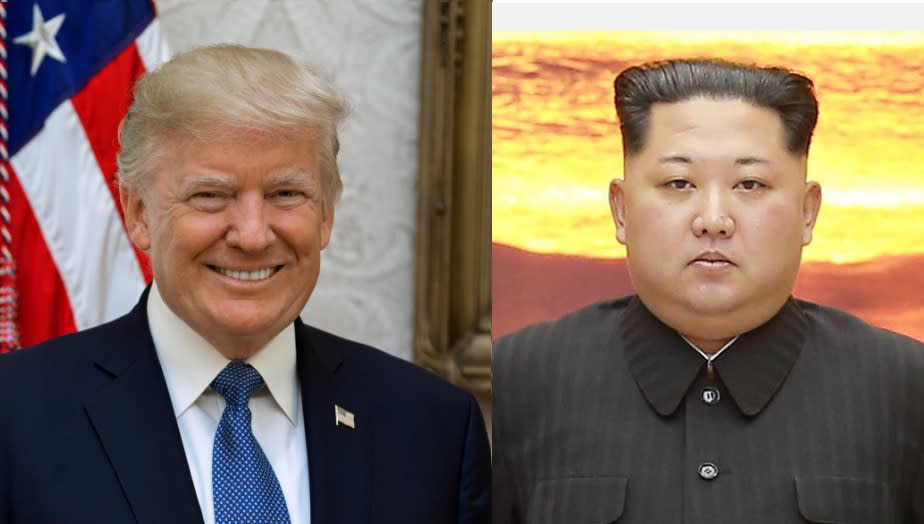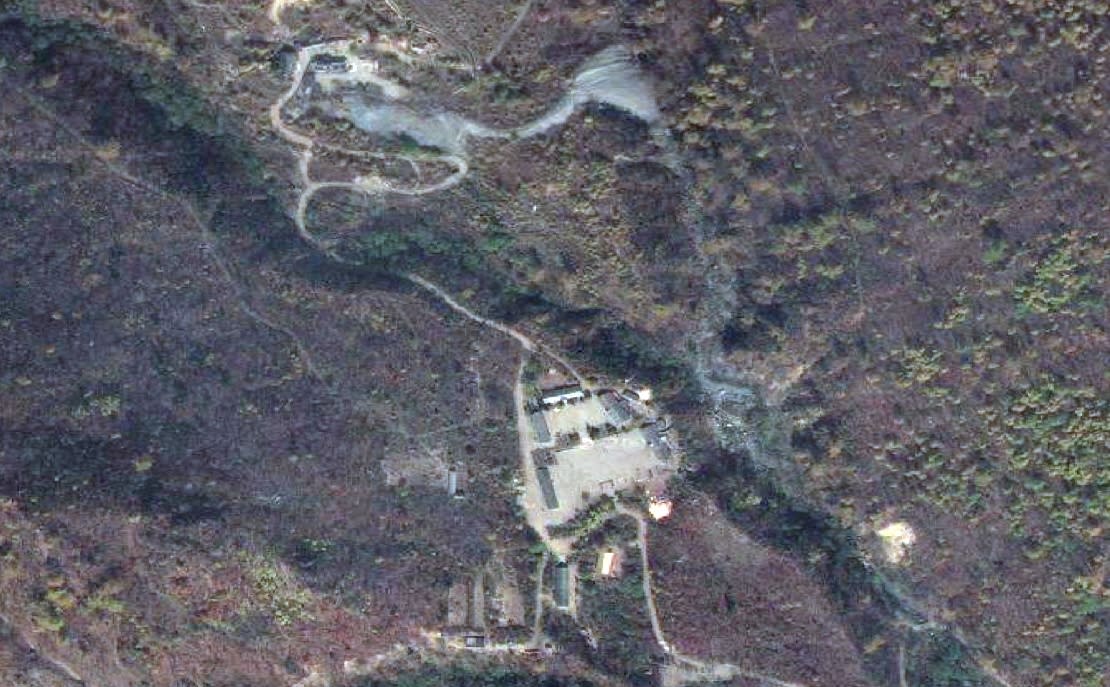
With the recent Inter-Korean summit, the forthcoming 12 June Singapore summit between Donald Trump and Kim Jong-un, and the North’s announcement to decommission the Punggye-ri nuclear testing site, many commentators have been making extraordinary predictions of a Vietnam style opening of the North, a denuclearised peninsula and even reunification of the two Koreas.
As the North’s recent threats to cancel the Singapore summit have shown, these predictions are very premature.

The stumbling block will be the North’s nuclear weapons capacity. In many ways, we have been down this road before. The 2000 and 2007 summits between Kim Jong-il and successive South Korean presidents Kim Dae-jung and Roh Moo-hyun produced agreements and good will but failed to denuclearise the Korean peninsula.
Some in the White House seem to believe that their recent hard-line policy has the North on the run. Economic sanctions do appear to have had an impact on the North, with exports to China, traditionally the DPRK’s closest ally, down by as much as 33 per cent in late 2017 and early 2018.
In the eyes of the Trump Administration, a hardline economic sanctions policy has had its desired effect, and the North is on its knees and ready to talk. But have sanctions had their desired effect?
The North has conducted talks with the South and agreed to talks with the USA, but the peninsula is not yet free of nuclear weapons. In addition, continued sanctions-busting in the form of illegal ship to ship transfers of oil is providing vital imports to the DPRK government.
Read more A dangerous game of chicken on the Korean peninsula
The belief that North Korea was on its knees has helped shape US policy before, but such a belief is not a great driver of policy. Neither does the White House appear to have a unified position on what it hopes to achieve from the Singapore talks.
John Bolton, the hawkish National Security Advisor to the White House, President Trump and Secretary of State Mike Pompeo have all come out with contradictory statements about US aims.
At the end of April, Bolton made the extraordinarily confident statement that the US Government was seeking the Libya model of 2003, 2004 to solve the crisis. Colonel Gaddafi famously relinquished his nuclear weapons in exchange for an easing of sanctions to his regime and in 2011 he was overthrown by western backed rebels.
Was Bolton revealing the true agenda of the White House?
Officials from the North seemed to think so and threatened to cancel the Singapore Summit. Bolton was subsequently and publicly contradicted by President Trump.

At times, the White House has claimed it is seeking CVID - complete, verifiable, irreversible dismantlement - of nuclear weaponry and all civil and military nuclear programs. However, at other times, senior officials have indicated that the White House may commit to an agreement that eliminates only weapons that could reach US territory while allowing the North to keep some of its nuclear arsenal.
North Korean officials are famed for their hard-negotiating tactics and are sure to exploit the absence of a cohesive US strategy.
So, what should we expect from the Singapore summit if one is to take place?
It might be easier to predict what we will not see from the summit.
First, we will not see a final agreement that imposes CVID on the DPRK – the North’s leadership will never relinquish all of its nuclear capacity – the fate of Iraq and Libya is too fresh in its collective memory to proceed down that route.
Second, we will not see the decimation of North Korea by the US if a deal cannot be reached – no matter what Donald Trump has said to the contrary. Even the most committed of Washington hawks – and with John Bolton, Mike Pompeo and now the new US Ambassador to South Korea, Harry Harris, the Trump Administration has a few on its team – can see the folly of a second hot war on the Korean peninsula against a nuclear armed North Korea.





